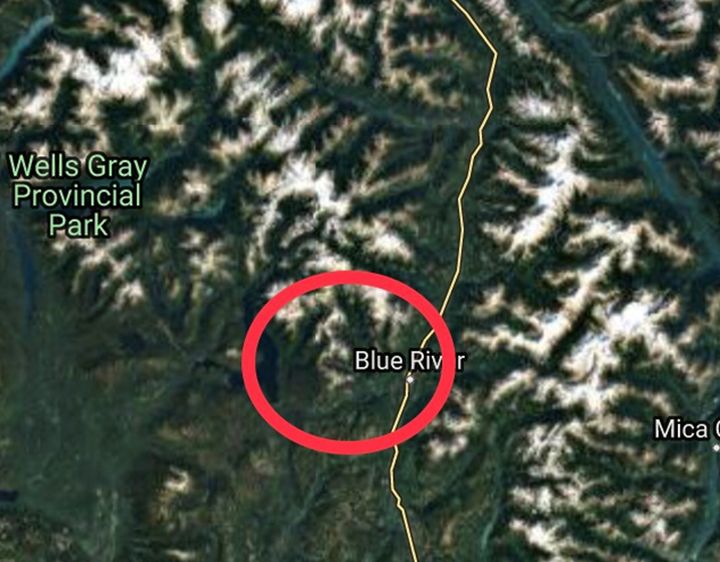The family of a pilot and passenger whose plane went missing while flying from Alberta to B.C. earlier this month has issued a statement after search efforts were suspended last week.

“We would like to extend our thanks to the Joint Rescue Coordination Centre in Victoria and all those who were involved in the search and rescue efforts,” reads a statement issued by James Pickard, via the JRCC on Tuesday. “We have been kept informed of the search efforts throughout and are thankful for the commitment of those men and women who searched tirelessly for our parents.”
Geoff and Judy Pickard were flying home to Chilliwack on Sept. 14 after visiting family and friends in Edmonton. Their single-engine, two-seater plane (a Van’s RV-6) was reported missing at about 2 p.m. after having departed from the Parkland Airport, west of Edmonton, earlier in the day.

Search efforts that the JRCC described as being “comprehensive” in scope were suspended on Thursday in what officials called a “difficult decision.” The RCMP is now in charge of the case.
READ MORE: Search suspended for missing plane between Edmonton and Chilliwack

Get breaking National news
“Our father was an experienced pilot who had flown this route many times,” Pickard’s statement reads. “He was a cautious and careful pilot; he was known by friends and colleagues to be risk-averse and did not hesitate to cancel flight plans due to poor flying conditions.
“On Sept. 14, he had repeatedly checked the weather via flying approved channels,” the statement goes on to say.
“The weather can change in an instant in the Rocky Mountains, and the previous flying conditions quickly changed.”
According to Pickard, the plane’s last known location was northwest of Blue River, near Murtle Lake in B.C.
READ MORE: Search area narrowed for missing plane en route from Edmonton to Chilliwack
“We intend to continue our search and would like to appeal to anyone flying, hiking or skiing in the area to keep a lookout for our parents’ plane,” he said.
Multiple military aircraft, with support form the Civil Aviation Search and Rescue Association, spent about 320 hours in the air under what the JRCC described as “severe weather and conditions,” covering about 14,000 square kilometres of territory.
–With files from Global News’ Simon Little










Comments